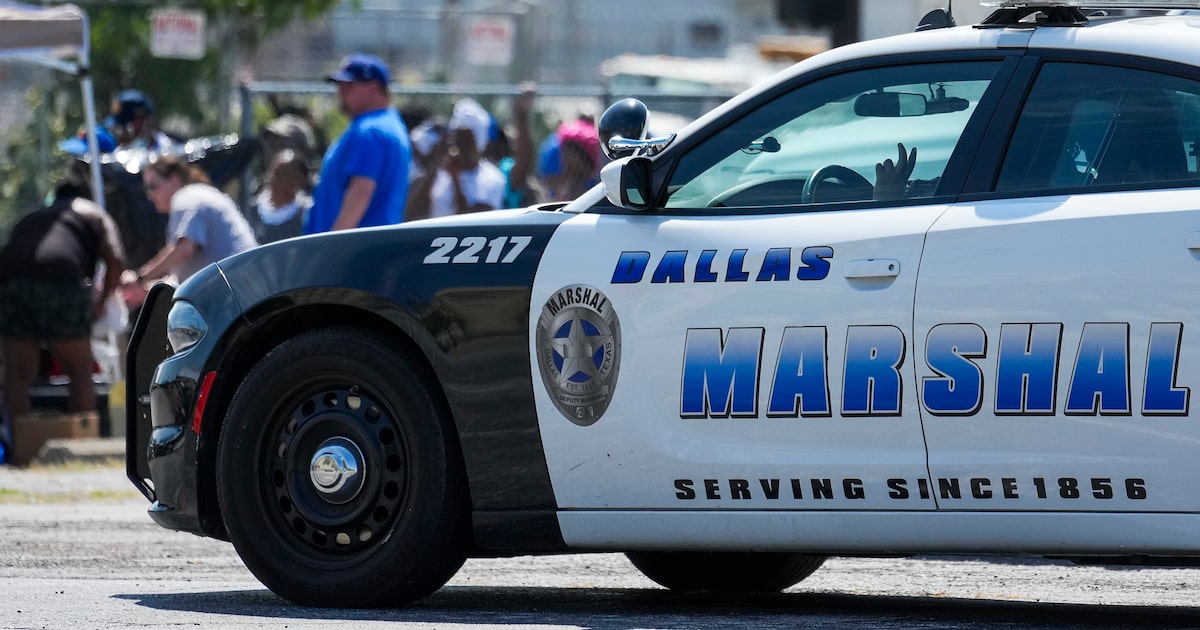There is no doubt that people who arrive downtown with loads of hot meals or sack lunches have the best intentions to help the homeless population they serve.
But their good intentions are often the equivalent of giving someone a fish while denying them the opportunity to learn to fish for themselves.
Large-scale prepared food distribution to the homeless is a serious problem in downtown Dallas. And those churches and other organizations that do it are too often unmindful of the negative impact they have not only on the residents and business of this growing neighborhood, but also on the work of professional social service agencies providing long-term assistance to people on the street.
City Manager Kimberly Bizor Tolbert was right to reengage City Hall in ensuring that people who hand out food on the street are carefully following basic sanitation and health standards. The city had unwisely turned away from enforcing its own ordinances around large-scale prepared food distribution.
Opinion
The goal here is not to prevent people from getting what they need, but to encourage those who want to do a good deed to get aligned with organizations already doing the work.
That starts with The Bridge. This recovery center is focused on getting people not only food but shelter, hygiene and services, from drug treatment to mental health care.
A hungry person who enters The Bridge will get a meal and the chance to connect with someone who can help find him something more than a bed for the night. If that same person lines up for a box of food, that potentially life-changing interaction might not take place.
Our newsroom colleague María Ramos Pacheco recently reported on the tension between city officials trying to enforce commonsense ordinances and organizations that insist on doing it their own way. When the city emailed a group called Dallas Sandwich Sundays to request coordination with established service providers downtown, the response was terse.
“We are a 501c3 nonprofit and will not be collaborating with anyone,” the group emailed the city.
Helping people in crisis requires collaboration. Refusing to collaborate actually undermines the kind of intensive help most people at these feedings need.
Meanwhile, there is little consideration for downtown or those who try to make it a neighborhood, despite the inevitable challenges that brings.
Downtown Dallas Inc. spends enormous sums of time and money to clean up polystyrene boxes, plastic bags and food litter that pile up and blow around downtown after feedings.
Meanwhile, downtown risks losing opportunities because people with good intentions insist on using this area for their mission, rather than their own neighborhoods.
Serving those in need is always a good thing. But doing so to the greatest good for all should be a thought, too.
We welcome your thoughts in a letter to the editor. See the guidelines and submit your letter here.
If you have problems with the form, you can submit via email at letters@dallasnews.com
